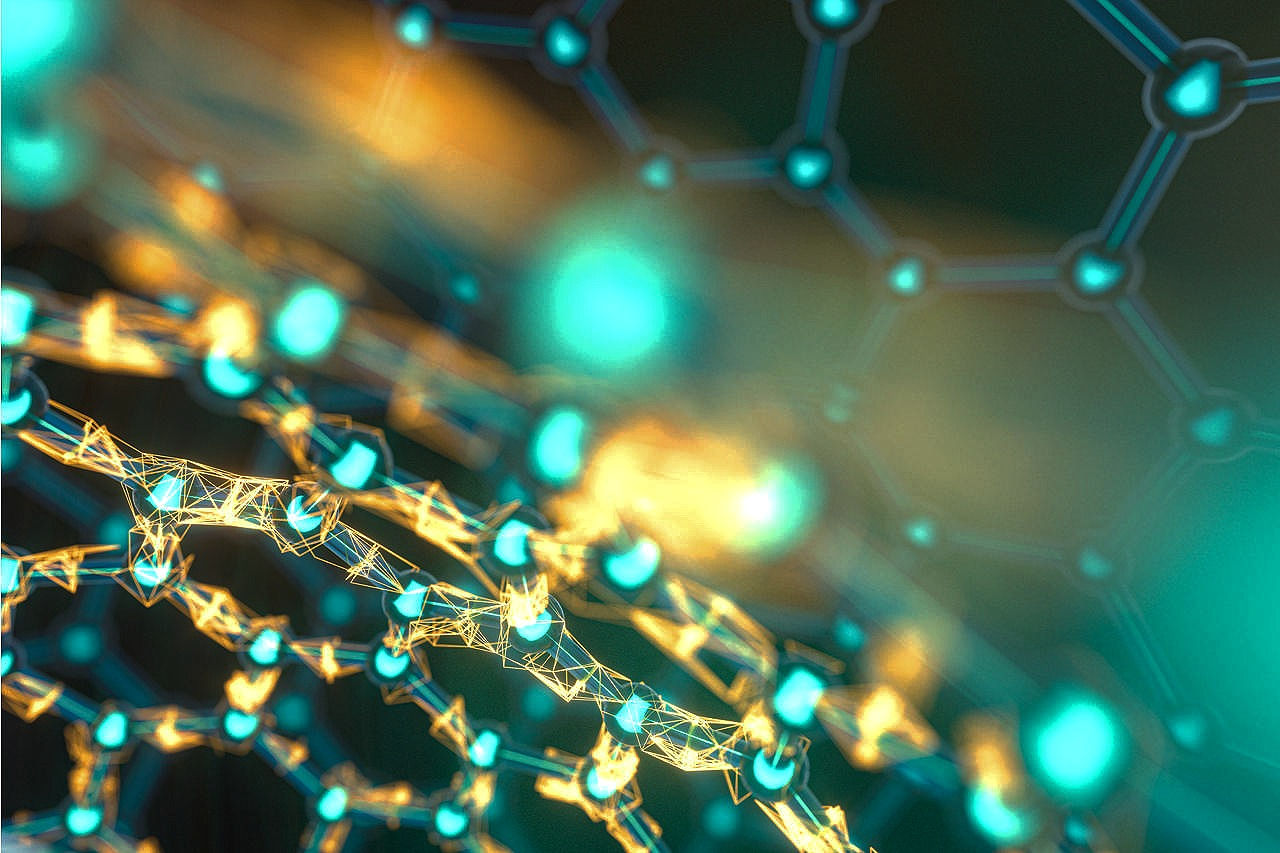
ADVANCES IN SYNTHETIC BIOLOGY
Advances in Synthetic Biology: The State of Play
Small Molecules: Production on Demand a Reality
Regardless of the absence of consistency in science, and currently, specialized imperatives that limit information assortment and investigations, we would now be able to deliver small atoms on request utilizing synthetic biology draws near.
Likely the most noteworthy models come from the Foundry at the Broad Institute of MIT and Harvard. At the point when the Defense Advanced Research Projects Agency (DARPA) put the MIT-Broad Institute Foundry's plan capacities under a magnifying glass, its specialists had the option to convey 6 out of 10 particles important to the US Department of Defense in 90 days. This "pressure test" affirms the capability of synthetic biology to address deficiencies of key mixtures rapidly.
Without a doubt, numerous labs would now be able to plan and develop somewhat complex gene networks equipped for creating a wide assortment of "designer" molecules in the scope of host cells; notwithstanding, this is regularly a sluggish iterative course of experimentation.
At this point, not many small particles in medicine are fabricated utilizing Synthetic Biology; it stays extremely challenging to design organisms to do measures that Nature didn't expect. This is normal: the exhibition of organisms is "adequate" according to a developmental point of view. Organisms were developed to address the particular requirements and difficulties of their indigenous habitats not those of mechanical fermenters and bioreactors.
Quality Transfer starting with one framework then onto the next may sound simple yet by and by is difficult work and seldom produces adequate prize (i.e., increased yield) legitimize the venture made. The utilization of computerization and man-made consciousness (e.g., in planning and building plasmids) may assist with diminishing the time and cost and further develop profit from speculation later on.
Plants make elective creation stages. Enhancements in mining plant genomes and the improvement of powerful transient articulation frameworks have empowered enormous scope creation of, for instance, antibodies in tobacco plants in only half a month. Coordinating the creation of engineered natural materials to plant chloroplasts additionally shows a guarantee.
Medical care: Reimagining Medicine:
Synthetic biology is driving critical advances in biomedicine, which will prompt groundbreaking upgrades in medical care. As of now, patients are profiting from alleged CAR (for chimeric antigen receptor) innovation, which designs the immune cells (T-cells) of the patient to perceive and attack cancer cells.
Genetically engineered viruses are being utilized to address defective genes in patients with inherited diseases like Severe Combined Immune Deficiency (SCID) or epidermolysis bullosa.
The capacity to reprogram somatic cells from patients into actuated pluripotent undifferentiated cells is assisting our comprehension of their sickness, diminishing the utilization of creatures in the examination, and preparing for the advancement of customized medications and cell treatments.
On a fundamental level, in any event, we could design a patient's cells to increase, separate into various cell types, and surprisingly self-collect into new tissues, or even organs, to fix those harmed through illness or injury.
Work on new vectors that can convey enormous genetic loads to target tissues is assisting with delivering more productive therapeutics and antibodies that will have less incidental effects and a more modest danger of obstruction. Besides, advancing immunizer or immunization creation, or model, with the goal that they are in a palatable configuration (e.g., plant-based), could enormously diminish the expense and speed up antibody creation in a pandemic.
In the following few years, genetically engineering pigs to be virus-resistant and have human-like immune profiles could make xenotransplantation a clinical reality. Designing the microbiome is relied upon to prompt the improvement of engineered probiotics.
The manufactured science drive known as Human Genome Project-compose (HGP-compose) has set its sights considerably higher, revitalizing researchers to construct whole human chromosomes. Concerns have been raised about the morals of making "synthetic people" and undoubtedly the logical and business worth of such a task.
All the more as of late, HGP-compose champions have proposed a more engaged venture to assemble an infection-safe chromosome, making something like 400,000 changes to the human genome to eliminate DNA arrangements that infections use to commandeer cells and imitate.
Synthetic biology is developing into a biodesign platform where it will be possible to apply the “design-build-test-iterate (or deploy)” to predictably create cells or organisms able to produce a wide variety of novel molecules, materials, or even cells for multiple applications.